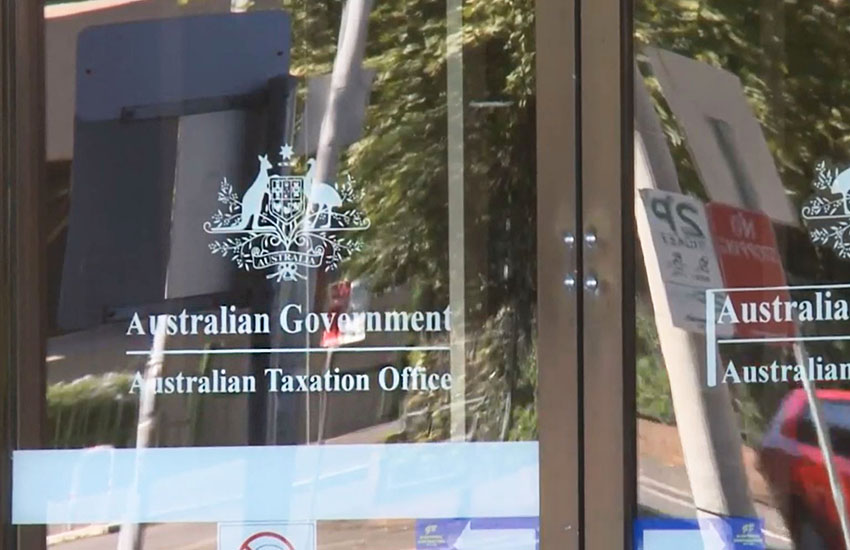ATO flags potential changes to SAR following APESB guidance
RegulationIn light of the APESB guidance on SMSF auditor independence, the ATO says it would like to change the SMSF annual return so that it also captures the details of the professional preparing the accounts for the fund.

In a recent CPA Australia podcast, ATO director Kellie Grant explained that, at the moment, the ATO cannot clearly identify all the firms that are conducting in-house audits, with the SMSF annual return only requiring the tax agent and auditor to be reported on it.
“Sometimes the tax agent who prepares the fund’s annual return may not be the same person who actually prepared the fund’s accounts,” Ms Grant noted.
“In fact, we’d like to change the SMSF annual return in the future so that we can capture the details of who prepared the accounts for the fund as well as who did the audit.”
Ms Grant said the ATO suspects that there are a large number of firms in the industry that are currently conducting in-house audits for a large number of funds.
“This is why we’re using this financial year to try and get the message out there to industry and educate these firms that are conducting these in-house audits on this independence standard and advise them that they should be looking to restructure their engagements if they think they can’t comply with it,” she said.
“The other reason we’re giving everyone this year is that there is a lot going on for them as well with other issues such as dealing with the COVID relief. We think a year should be enough for everyone to get on top of this.”
She also clarified that where the auditor or their firm acts as a tax agent and merely prepares an SMSF annual return which the client takes on the responsibility for, then this situation shouldn’t create an independence threat.
“That’s, of course, assuming the financial statements also weren’t prepared by the tax agent’s firm, or if they were, that the trustee took full responsibility for them, and, of course, they were considered to be routine or mechanical,” she said.
However, where the tax agent might provide other services to the audit client, involving tax advice or calculations, that go beyond what is needed just for the preparation for the annual return.
“For instance, [the services] might go more towards what is needed for the financial statements such as current and deferred tax liabilities, that’s where those self-review threats can arise,” she warned.
“So, in that situation the auditor will need to consider applying appropriate safeguards to reduce those threats such as using a non-auditing team member to perform the tax services or having an appropriate reviewer who wasn’t involved in the tax service to review that audit on the tax work.”




